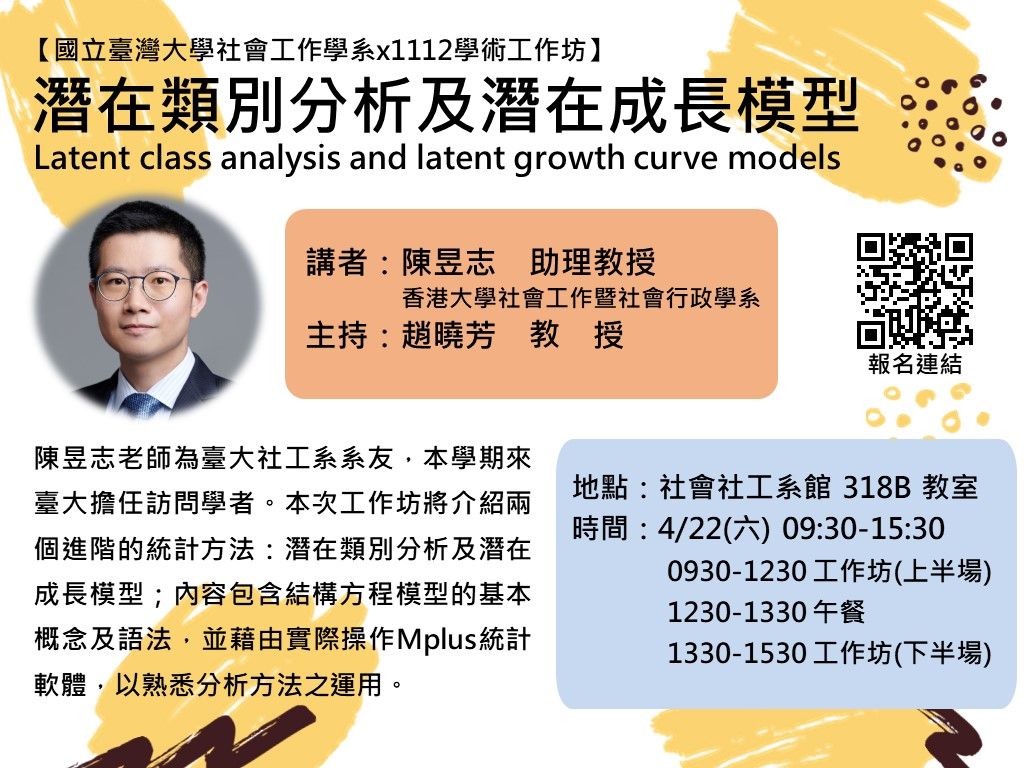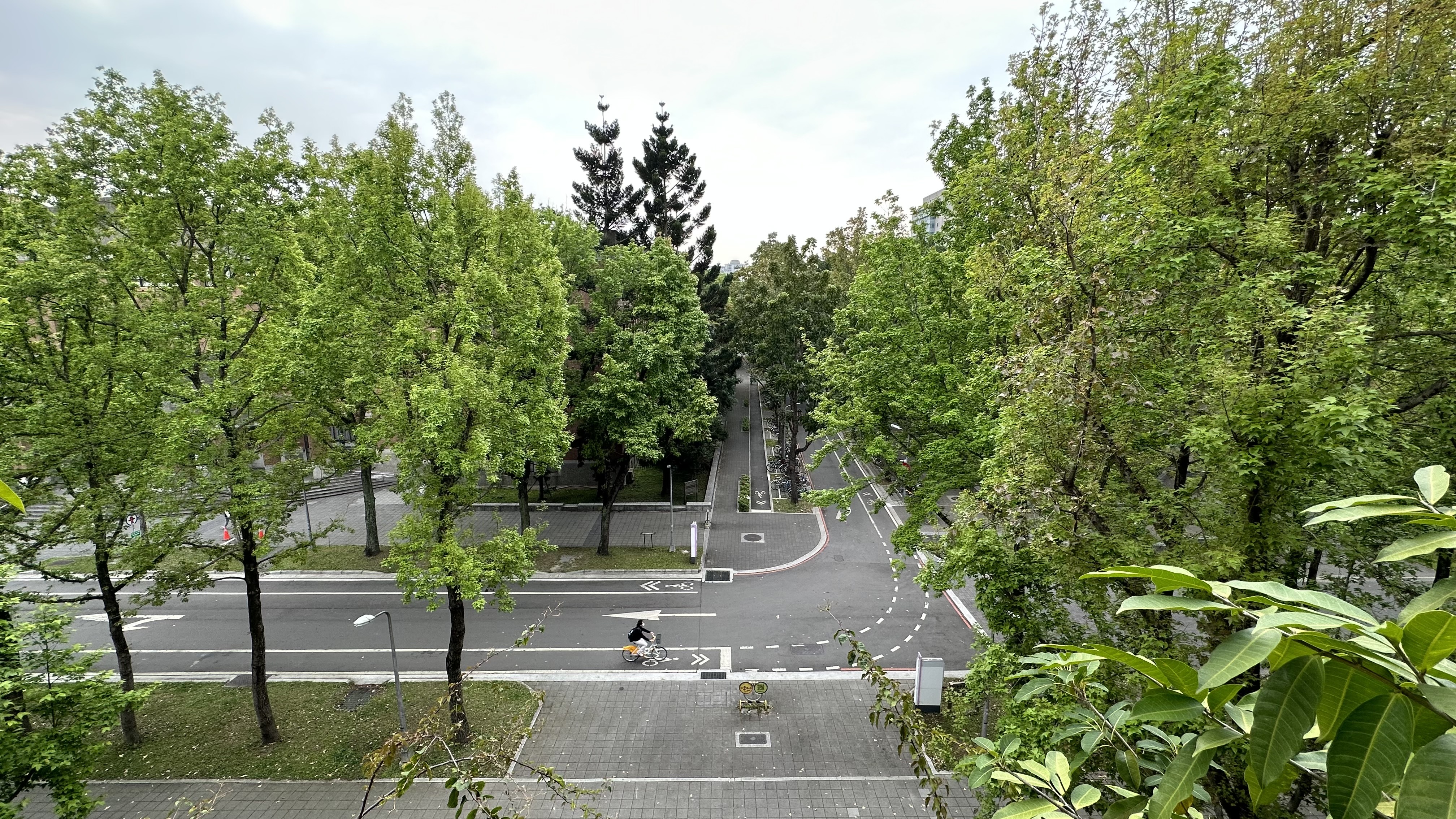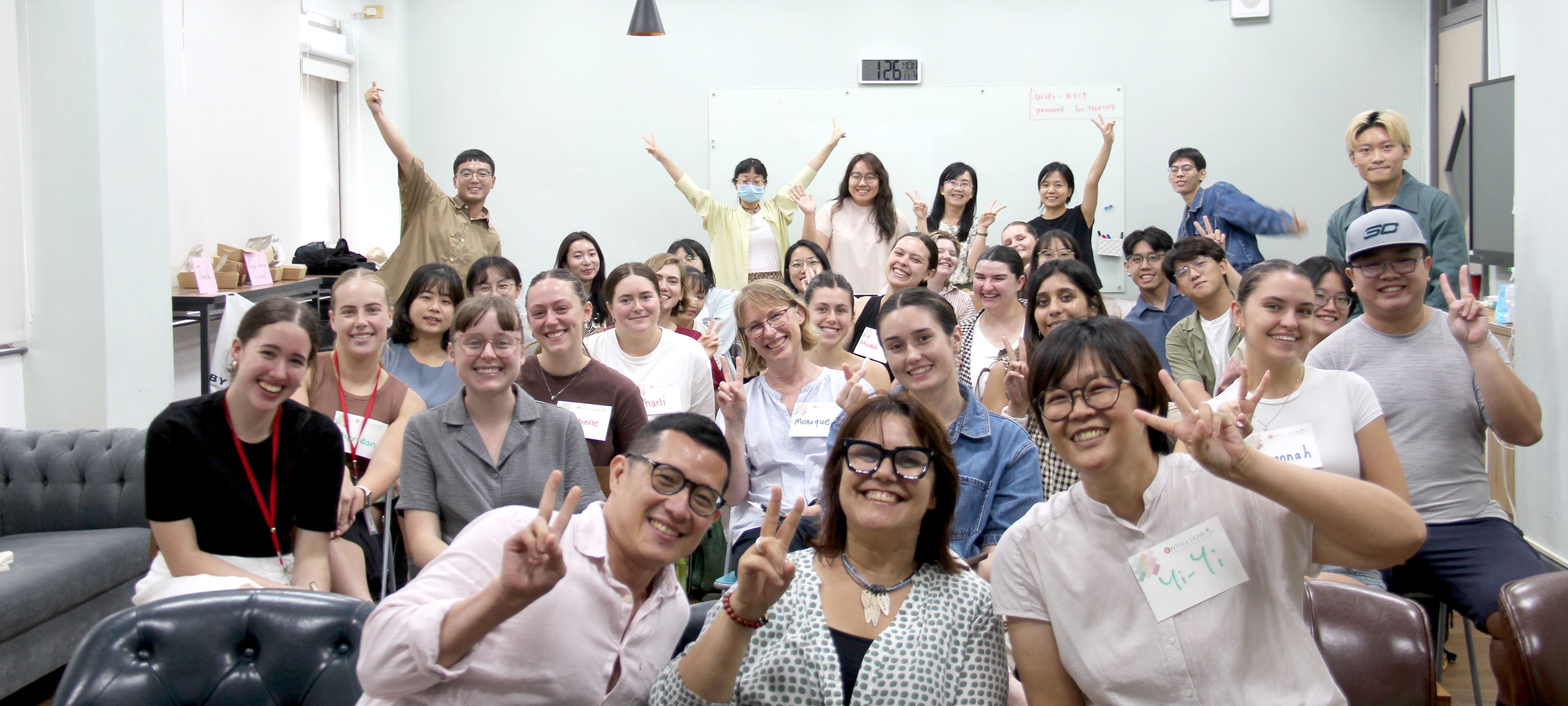工作坊摘要如下:
Researchers and practitioners in social work are interested in identifying patterns and trajectories of human behaviors, characteristics, and attributes. Patterns describe the unique and distinct subgroups of the variable of interest, which could facilitate further intervention if individuals with certain features are identified. Typical examples are identifications of vulnerable older adults who are socially isolated (or not), pinpointing children who are abused by certain types of violence (e.g., physical, emotional, sexual, neglect, or all of them), or exploring the types of activities (e.g., leisure, social, physical, working, or others) that individuals engaged in. Trajectories describe the general, longitudinal changes in human behavior and characteristics. Investigating the trajectories of the variable of interest would facilitate understanding how human behaviors change over time, what factors are related to such a change, and whether such a change affects the outcomes. Examples are exploring the changes in depression over time and examining what factors are associated with such changes or investigating how the changes in cognition may affect the incidence of dementia.
This seminar offers an overview of two advanced structural equation models (SEMs)- latent class analysis and latent growth curve- that can describe patterns and changes. The seminar will cover (1) basic concepts of SEM, including concepts and syntax; (2) an overview of the basic SEM models (e.g., factor analysis, regression models, etc.); (3) latent class model; and (4) latent growth curve model.
If you plan to analyze cross-sectional data and believe that meaningful subgroups of individuals are characterized by multiple indicators, or plan to analyze longitudinal data (more than three-time points) to explore the changes in human characteristics, this seminar is for you. Participants of this seminar who have a good working knowledge of the principles and practice of multiple regression and logistic regression, familiarity with reliability and validity, and a basic understanding of differences in cross-sectional and longitudinal data will find this seminar helpful.
The software used and demonstrated in this seminar is Mplus. Mplus is a licensed, syntax-based software suitable for analyzing latent models. A free version of Mplus can be downloaded from Muthen & Muthen's website (https://www.statmodel.com/), which allows you to use a limited function of the Mplus to run the models introduced in this seminar.
Seminar Information:
Date: April 22 (Saturday)
Time: 9:30 AM – 3:30 PM (tentative)
Venue: 318B classroom
Language: This seminar will be conducted in a mix of English and Mandarin.
講者介紹:
Yu-Chih Chen 陳昱志 https://www.socialwork.hku.hk/yuchih/
Assistant Professor, Department of Social Work and Social Administration.
備註(請事先下載於電腦):
Mplus Version 8.9 Demo : https://www.statmodel.com/demo.shtml
RStudio : https://posit.co/downloads/












